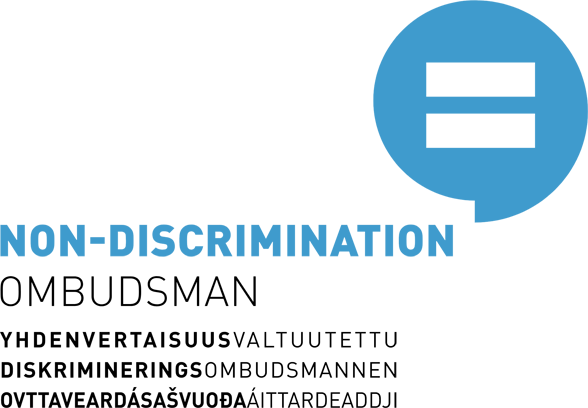Study: Identification of victims of human trafficking compelled to criminal activity must be improved
The Non-Discrimination Ombudsman has conducted a study on the realisation of the principle of non-punishment of victims of human trafficking in Finland. The study revealed that the victims of human trafficking compelled to criminal activity have not been identified in the criminal proceedings.
In accordance with the non-punishment principle, human trafficking victims must not be punished for involvement in unlawful activities which they have been compelled to commit. The purpose of the study commissioned by the Ministry of Justice was to examine the current state of legislation and to assess the application practices of the non-punishment principle in Finland. The study shows that the provisions concerning refraining from measures make it possible to waive prosecution and punishment of victims of human trafficking. However, the study indicated that the problem is the fact that the victims of human trafficking compelled to criminal activity have not been identified in the criminal proceedings.
Exploitation for criminal activities is a form of human trafficking in which victims of human trafficking are compelled to commit crimes. In accordance with the non-punishment principle, the victims should not be punished for such crimes. The study examined the non-punishment principle by combining legal and empirical legal research methods. No studies on the principle of non-punishment have been made in Finland before.
Legislation enables non-punishment of victims of human trafficking
The principle of non-punishment is strongly supported by international regulation and the legal practice of the European Court of Human Rights. In connection with the non-punishment principle, compulsion refers not only to physical violence or threat of such violence the victim is subjected to, but compulsion is understood as exploiting the vulnerable and subordinate position of the victim. The study aimed to adapt the international non-punishment principle as part of the Finnish criminal justice system.
Even though there are no specific Finnish provisions on the principle of non-punishment, it is possible to waive proceedings or punishment of a victim of human trafficking compelled to criminal activity. A prosecutor and a judge can make such a decision on refraining from actions, in which case no charges are brought, or punishment imposed on the crime the victim has been forced to commit.
Principle of non-punishment is not known well enough
In the study, the application practice of the non-punishment principle and obstacles to applying the principle were examined by interviewing 20 experts. Those interviewed included police officers, prosecutors, legal attorneys, other experts in criminal proceedings and human trafficking and representatives of parties helping the victims. The key obstacles to the application of the principle of non-punishment include inadequate identification of the victims of human trafficking, lack of practical experience of applying the principle and the fact that, during legal proceedings, not enough attention is paid to the exploitation underlying the crime committed by the victim.
Obstacles to applying the non-punishment principle can be removed by establishing in the pre-trial investigation what lies behind the crime committed by a potential victim of human trafficking, systematically applying the general provisions on refraining from actions and encouraging actors involved in the criminal proceedings to draw up guidelines on the application of the principle of non-punishment and increasing training.
Research data is to be used in the Government's work against trafficking in human beings
The study was based on the Action Plan against Trafficking in Human Beings for 2021-2023 adopted by the Government resolution of 6 May 2021. The results of the study will be used for developing the work against trafficking in human beings.
The Non-Discrimination Ombudsman is an autonomous and independent authority, who also acts as the national rapporteur of human trafficking. The duties of the national human trafficking rapporteur include the counselling and training of authorities, the management of the authorities’ operations and the making of surveys.
Further information:
researcher Jani Hannonen, tel. +358 44 5346001, [email protected]
senior researcher Heini Kainulainen, tel. +358 295 666 821, [email protected]
01.09.2022



